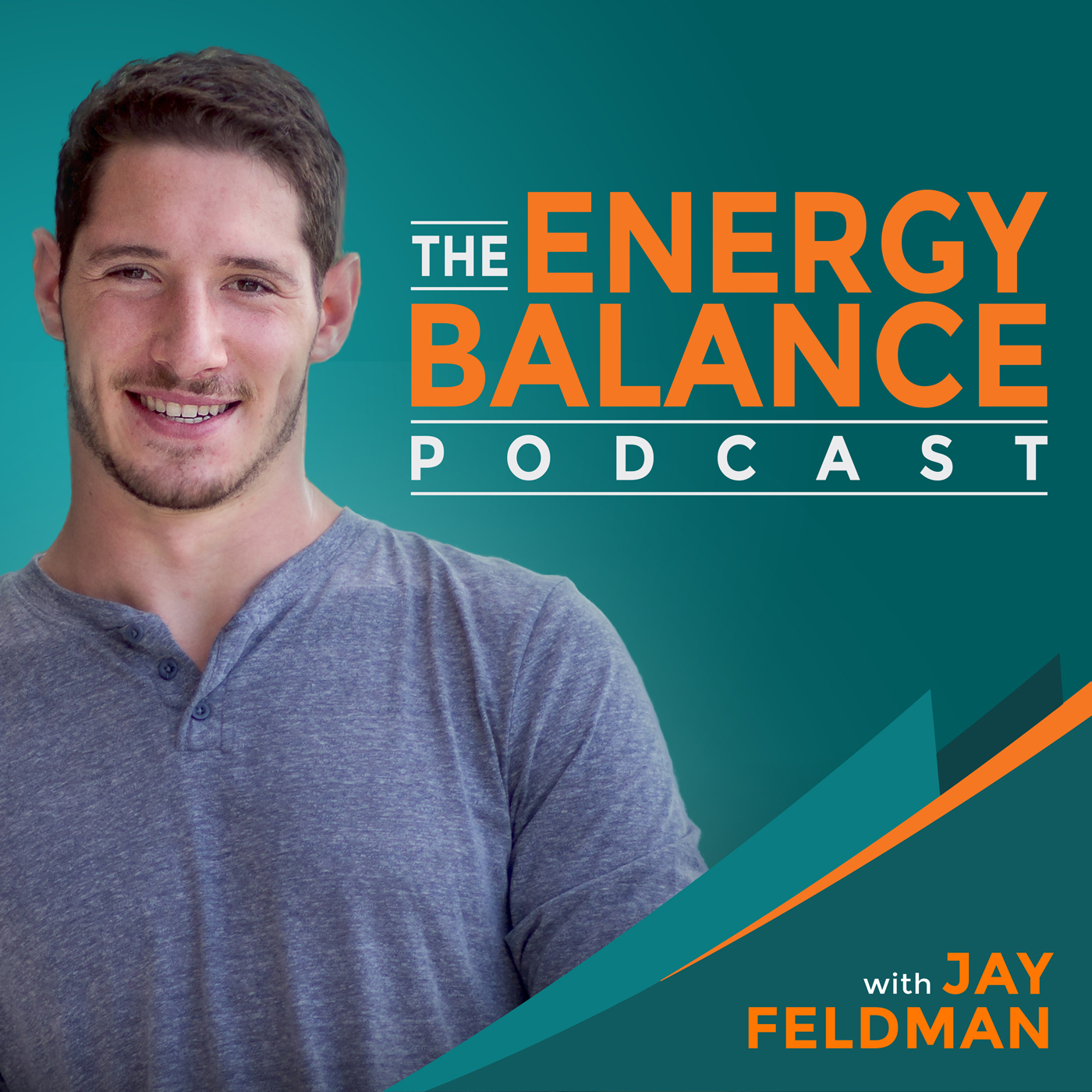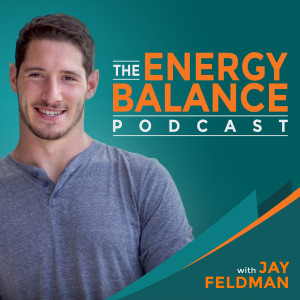
823.3K
Downloads
149
Episodes
Discover how you can live without constant hunger and fatigue, brain fog, poor sleep, and other low-energy symptoms. The Energy Balance Podcast will teach you how to maximize your cellular energy so you can take back your health and finally experience clear-headed focus, restful sleep, and all-day energy you didn’t think was possible.
Episodes

Thursday Mar 06, 2025
EB. 129: The Forgotten Source of Oxalates: Your Body’s OWN Production
Thursday Mar 06, 2025
Thursday Mar 06, 2025
- How much oxalate your body produces and how it compares to the amount you consume in your diet
- Whether you need to be concerned about vitamin C, hydroxyproline, and glycine converting to oxalates
- How you can reduce the amount of oxalates your body produces
- Which nutrients decrease oxalate production
- How metabolic dysfunction affects oxalate production
Check out the Energy Balance Solution program here: https://www.jayfeldmanwellness.com/solution/
The Nutrition Blueprint: https://mikefave.com/the-nutrition-blueprint/
Click here to check out the show notes:
https://www.jayfeldmanwellness.com/ep-129-the-forgotten-source-of-oxalates-your-bodys-own-production/
Timestamps:
0:00 – intro
1:12 – overview of endogenous vs. exogenous oxalates
5:46 – how much oxalate comes from endogenous production vs. diet
9:14 – when endogenous oxalate production matters more than dietary oxalate
15:03 – rare genetic disorders that cause excessive oxalate production: primary hyperoxaluria
22:36 – the pathways in the liver that lead to oxalate production
32:41 – other biochemical pathways involved in endogenous oxalate production
41:19 – deranged metabolic function as a primary driver of glyoxal production and lipid peroxidation
45:14 – the extent to which glycine and vitamin C contribute to endogenous oxalate formation
48:00 – how much does hydroxyproline contribute to oxalate production?
52:06 – the primary precursor to oxalate that’s often ignored (glyoxal)
55:08 – how oxidative stress drives oxalate production and how antioxidants help
1:01:20 – what causes the high oxalate levels seen in type 2 diabetes, obesity, cardiovascular disease, and non-alcoholic fatty liver disease (NAFLD)?
1:11:16 – the protective effects of glycine in states of excess oxalate production
1:15:54 – elevated stress hormones and gluconeogenesis increase oxalate production
1:22:43 – nutrient deficiencies that contribute to oxalate issues (vitamin B1, vitamin B6, and zinc)

No comments yet. Be the first to say something!